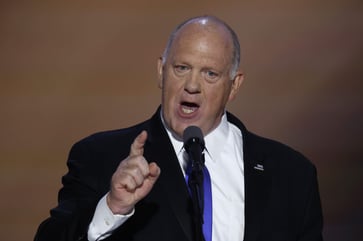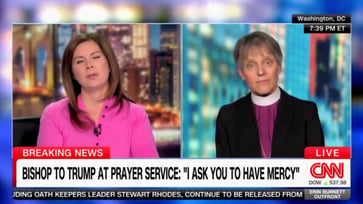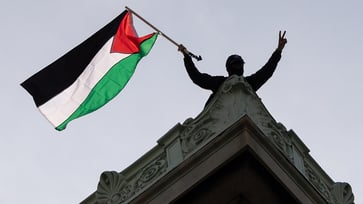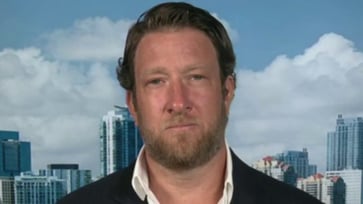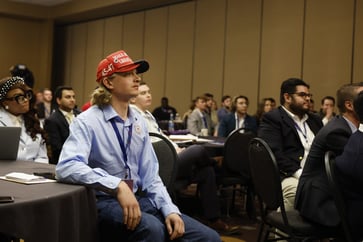The UK government plans to criminalize "influencing" near abortion facilities and establish nationwide "buffer zones" to protect women seeking reproductive healthcare.
One activist stated that the government should immediately make clear that silent thoughts and prayers are safeguarded.
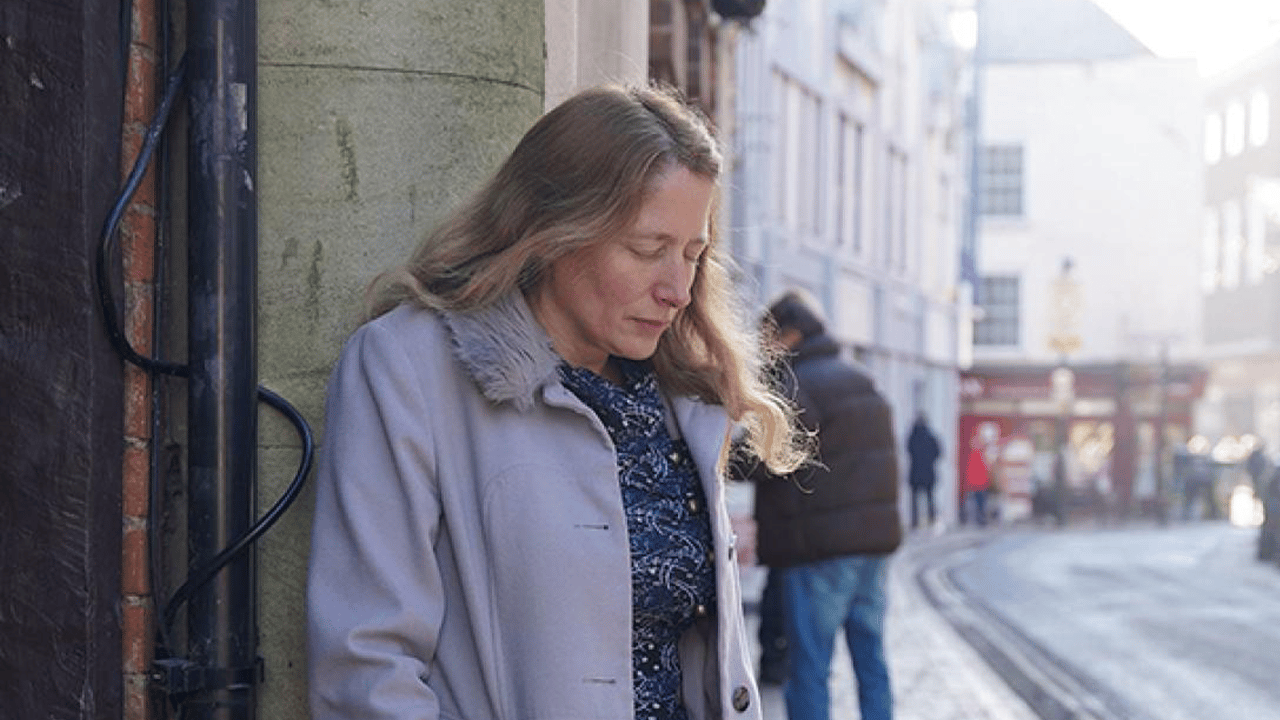
Starting October 31, the buffer zone law in the United Kingdom was expanded to include every abortion facility nationwide.
The law in England and Wales prohibits the act of persuading someone to seek abortion services within 150 meters of an abortion clinic, which some argue is a violation of free speech and thought.
An open letter signed by almost 60,000 people has prompted UK Prime Minister Keir Starmer to take action to safeguard freedom of thought, as reported by Alliance Defending Freedom (ADF) UK, which is providing legal support to four individuals who have been charged with praying or offering assistance inside "safe access" or "buffer" zones.
According to the Public Order Act of 2023, it is an offense for someone in a safe access zone to perform an action with the intention of influencing any person's decision to access, provide, or facilitate the provision of abortion services at an abortion clinic.
In November 2022, Adam Smith-Connor, a military veteran and father of two, was convicted of silent prayer, which some have labeled a "thought crime," after stopping to pray for a few minutes near an abortion facility, according to ADF UK. The court sentenced him to a conditional discharge and ordered him to pay prosecution costs of £9,000.
On Thursday, the same day that buffer zones were implemented nationwide, Smith-Connor declared that he would challenge his conviction following the release of new guidance from the Crown Prosecution Service (CPS) stating that silent prayer is not necessarily a crime in an abortion "buffer zone," as reported by ADF UK.

Smith-Connor stated at the time of his appeal that the government should not have the power to dictate the content of thoughts and prayers.
"He served for 20 years in the army reserves, including a tour in Afghanistan, to protect the fundamental freedoms that this country is built upon. He continues that spirit of service as a health care professional and church volunteer. However, he is deeply troubled by the erosion of our freedoms, as seen in the prosecution of thought crimes in the UK."
Despite facing bankruptcy and having to cut all non-essential spending, Bournemouth, Christchurch & Poole Council spent over £100,000 on legal fees to prosecute an offense with a maximum penalty of £1,000, according to ADF UK.
The criticism of the law's vague wording has come from free speech advocates, including ADF UK legal counsel Jeremiah Igunnubole, who argued that the broad and vague ban on "influencing" could be used to suppress consensual conversations or silent prayer.
"Could this apply to the advice given by a parent? A concerned word from a friend? Information made available through a crisis pregnancy volunteer? he asked. "The law is written so vaguely that peaceful, consensual conversations or even silent thoughts could be made illegal on certain streets of England.""
Igunnubole stated that consensual conversation or silent prayer are the fundamental human rights that are strongly safeguarded by international legal frameworks.
""The legal elephant in the room is that the entire premise of censorial buffer zone legislation is that women should be able to choose to access abortion without hindrance," he said."

How can the law criminalize women when they choose to engage in lawful, harmless and consensual conversations, even if the law states that a woman can choose to abort their unborn child without hindrance, even the ‘hindrance’ of lawful alternatives to abortion?
Vulnerable women are denied access to "life-changing information" due to censorship zones, as seen in the case of Alina Dulgheriu, who changed her mind about an abortion after receiving a pro-life leaflet on a public street near an abortion facility.
"Assuming that women can't make a decision for themselves or that they might choose the wrong option is deeply patronizing when removing the option to receive help to keep a child," she stated.
"Although my situation is unique, it is not an isolated case. Numerous women, like me, have profited from this assistance. However, we are frequently overlooked."
An unlawful arrest of pro-life activist and charitable volunteer Isabel Vaughan-Spruce for silently praying near an abortion facility in a Birmingham, England "buffer zone" led to her receiving a police payout after being found innocent at trial.
Vaughn-Spruce expressed concern about the new law, stating that it was troubling to see ambiguous legislation that could potentially penalize individuals like him for simply engaging in peaceful dialogue or prayer.
"The government must promptly confirm that consensual discussions among adults and private thoughts and prayers are safeguarded under domestic and international law," she emphasized. "This isn't 1984 – we must not monitor thoughts on the streets of Britain."
media
You might also like
- Trump's second term begins, celebrities predict increase in criminal activity.
- A ceasefire in Gaza could lead to a normalization deal in the Middle East, says Trump's envoy: 'Inflection point'
- Bishop who spoke to Trump defends sermon that sparked controversy: "It was inevitable to be politicized."
- Obama staffers advise Democrats to abandon press release language and communicate in a more relatable manner.
- Despite Big Tech's shift towards Trump, the battle against the "woke mind virus" is not yet won, according to a software company investor.
